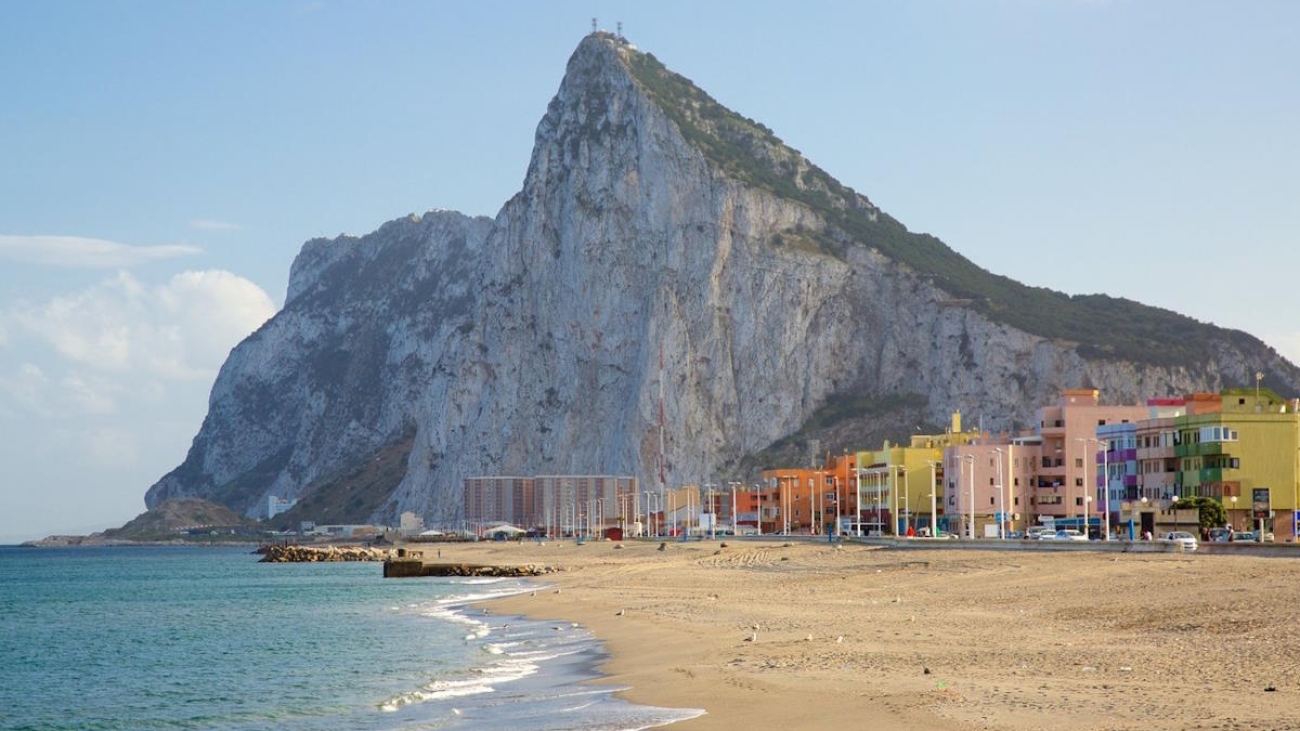Of all the issues that we provide information about on this site, inheritance law in Spain, is one of the most complex and we strongly advise anyone concerned about their affairs relating to this area to seek professional advice.
In the European Union alone, every member state has different laws in relation to death, inheritance and inheritance tax. They are usually in constant change and are complex. To have to encounter and work with them at the moment of loss of a family member or friend is extremely stressful and you may get lost in a quagmire if you try to do it on your own.
Similarly in making a Will for your self, if you have assets in Spain as well as your country of your nationality, matters can get very complicated.
Some basic information –
Before 2012, inheritance law in Spain stipulated that, in the case of a foreigner deceased, the law to regulate her or his inheritance would be the law of their nationality.
So, in theory, the position was relatively simple: UK inheritance law was used to regulate the inheritance from UK nationals who die owning property in Spain. In the same way, Swiss law is called to regulate the inheritance from a Swiss national who dies owning property in Spain etc.
However there were contradictions in this system, which created confusion and conflicts. For example, UK inheritance law provides that the disposal of immovable assets (land and buildings, household and personal goods) abroad is governed by the law of the country where the property is situated and the disposal in inheritance of movable assets (bank accounts, life insurances, cars, boats/yachts, shares, bonds and other investments), is governed by the law from country of the last domicile.
French law confirms the inheritance law of the country where the deceased had the last domicile or residence. Similarly, Denmark Belgium, Switzerland, Finland, Germany, Sweden, Norway.
Why is it important to identify which inheritance law is applied to the estate?
Because there are critical differences between the Spanish and laws from other countries regarding wills and inheritance. The most important difference is that the Spanish have the figure of the “Compulsory” or “Obligatory Heirs” (Herederos Forzosos), which means that the testator cannot dispose from the full inheritance freely, and in whatever circumstances, he must leave the 66% of his inheritance for determinate persons called Obligatory Heirs (mainly descendants and spouses).
This system of “Obligatory Heirs” is common in countries like France, Belgium, Switzerland, Germany, Norway, Denmark, Sweden, Iceland, Norway, and Russia, in which the testator has the obligation to leave a percentage of their assets to determinate inheritors (usually surviving spouses and children). But, this system is different in the UK and USA.
In this way, for example, UK Inheritance law allows the free disposal of assets, transferring with total freedom the inheritance at the entire wish of the person. The testator has total freedom to leave whatever he/she wishes, to whomever he/she wishes.
With this system, it could happen that a UK citizen, with two sons owning a property in Spain, can make a Spanish Will leaving their property in Spain to their surviving spouse, and that this last Will cannot be executed because, if Spanish laws are applied, then 50% of that property should be transferred to the spouse, for the other 50%:
- One-third is divided between surviving children in equal shares.
- One-third is reserved for surviving children but can be distributed equally or unequally according to instructions in a will. (The surviving spouse retains a ‘life interest’ (usufruct) in this part of the estate and the children do not inherit until the spouse dies.
- One-third can be disposed of freely in a will.
Current legislation effective since August 2015 offers 2 options:
Option 1: You decide the law which will govern your inheritance.
So, if you are French, British, German, Norwegian, etc., you can decide on your Will or Probate, which the law you want to be applied on your passing.
Option 2: Inheritance by country of permanent residence.
If you have not stipulated in your Will, anything in relation to the law that you wished to regulate your inheritance, then, Option 2 will be applied and defined as country in which you had you residence during the last 5 years.
In cases in which you have been living in different places, and/or the permanent residence is not clear, then, the law will be the one from the country in which you had the strongest connection during all your life – open to subjective interpretation of course.
[creativ_alertbox icon=”” colour=”blue” custom_colour=””]Need to speak to a professional about Inheritance Tax in Spain? Call us to arrange a free consultation with a Financial and Tax Specialist. (+34) 951 77 55 44 / (+44) 033 000 10 777[/creativ_alertbox]
Recent Change to Inheritance Tax in Andalucia
From the beginning of 2018 the threshold for Inheritance Tax in Andalucia has been set at 1m euros. This is a massive increase on the previous limit, and brings Andalucia in line with the other autonomous regions of Spain. This significant change, opens up estate planning opportunities for individuals who have up until now deliberately kept limited assets in Spain as part of their Inheritance Tax planning strategy.
Read more about this change in our article, Inheritance Tax Threshold Increase in Andalucia


